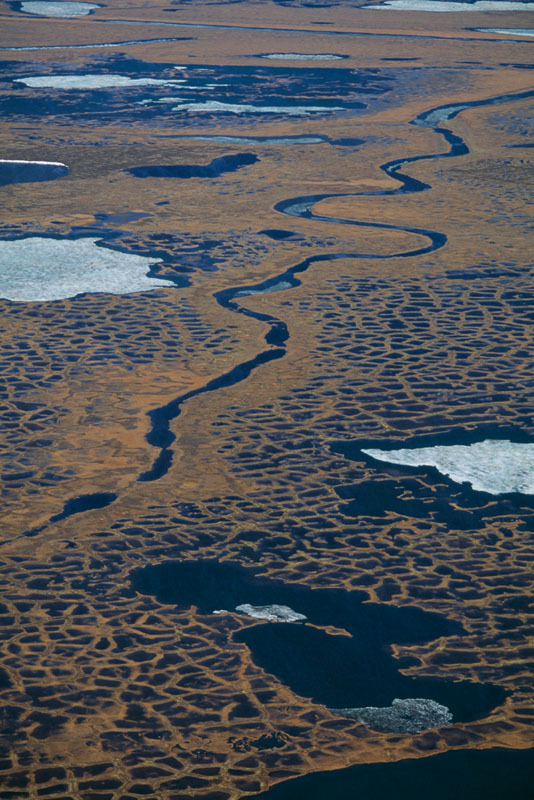From Siberian tigers to the Earth’s climate, a lot depends on Russia’s vast forests
Imagine a country spanning a sixth of the planet’s surface. A landscape that’s vast enough for both tigers and polar bears to roam, from subtropical forests to Arctic deserts. Somewhere you’ll find a fifth of the world’s forests, and some of the last few precious untouched wildernesses left on Earth.
Welcome to Russia. It’s an amazing place, and we’ve helped keep it that way.
What’s at stake?
Russia may be famous for its cold climate, but it’s got more in common with the world’s warmer places than you might think. Just like the Amazon and the Congo Basin, it’s home to huge areas of unspoilt forests that teem with life – from tiny insects to wolves, leopards and tigers.
Russia’s magnificent forests and vast tracts of Arctic tundra have a vital function beyond their beauty: they absorb and store the carbon dioxide that causes climate change. Letting them be destroyed would be a catastrophe – which is why we’ve worked so hard to keep them standing.
The story so far
For the last two decades, we’ve helped the Russian government safeguard these unique spaces.
The vast landscapes of the Russian Federation, covering one-sixth of the planet’s land surface, represent one of the last opportunities on Earth to conserve relatively intact ecosystems ranging from Arctic deserts to sub-tropical forests, large enough to allow ecological processes and wildlife populations to function naturally. Russian territories of forest, taiga and tundra also serve as a major carbon sink. Starting in the 1990s, WWF has worked closely with the government on conservation and environmental management issues. To date, WWF supported creation of more than 68 PAs with a total area of more than 43 million ha.
This PA cover includes several transboundary nature conservation in WWF priority places in Altay-Sayan, Amur-Heilong and Greater Black Sea Basin, areas protecting five WWF flagship species, and incorporates improved PA management.
We’ve recognized Russia’s achievements as a Gift to the Earth, our highest conservation accolade.
We’re supporting sustainable environmental management too. Back in 2000, only 30,000 hectares of Russia’s commercial forests were managed with the environment in mind. Today, just ten years later, and thanks in large part to our persistence, a massive 26 million hectares of forests are certified by the Forest Stewardship Council (FSC). That means they’re managed to minimize harm to wildlife and the environment, while maximizing benefits for workers and communities.
Russia’s forests represent one of the world’s four mega areas of intact forest (others being Amazon, Canada and Congo) comprising 22% of the world’s forests, an import “sink” for carbon emissions and containing huge biodiversity. Thus, to have placed more than 26 million hectares of forest under FSC certification – representing 19% of the world’s FSC certified forest and 25% of Russia’s production forests – is an enormous achievement, contributing both to biodiversity conservation and footprint reduction.
Did you know?
The forests of the Russian Far East are home to more than 10% of the world’s wild tigers.
Facts and stats
- 22% – proportion of the world’s forests found in Russia.
- 26 million hectares – area of Russian forest certified by the FSC. That’s a quarter of Russia’s commercial forests under lease, and almost a fifth (19%) of total FSC-certified forest worldwide.
- 43 million hectares – protected areas that we’ve helped to establish in Russia.
What next?
In 2010, based on results of a WWF-supported gap-analysis of priority areas requiring protection, the Government has adopted recommendations to establish new protected areas in covering more than 5 million ha – this equals the area of Switzerland.
What you can do
Huge areas of Russian forest are now managed sustainably through the Forest Stewardship Council. You can show your support, and help conserve even more, by always choosing wood and paper products with the FSC label.
***************************************
Join the myWWF Action Center
Be part of a global community of activists ready to take simple online actions that can help save wildlife and people. Sign up today!
***************************************














